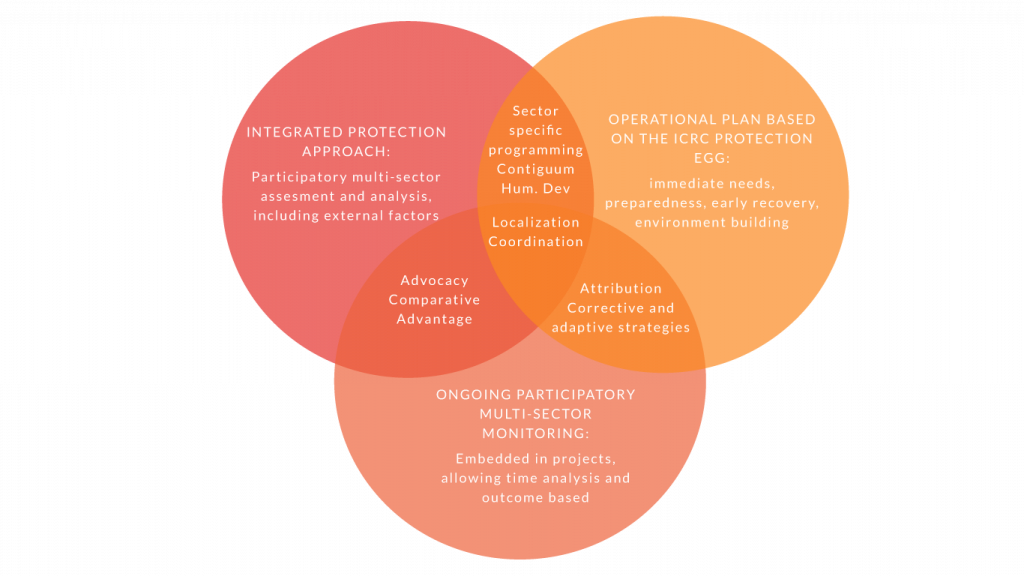What is the CPA?
Do you want to know more about the CPA? Find your answers here
The CPA is…
A community engagement and empowerment instrument to:
- Design and monitor Integrated Protection Strategies
- Provide operational tools to facilitate coherence, collaboration and complementarity between different foreign and national aid instruments
- To find sustainable solutions to a given population’s needs and problems
Objectives
Increase the capacities of communities and individuals to make informed decisions about their safety, to organize their resources and efforts to reduce exposure to harm, and to develop local strategies to increase protection from hindered access to safe and dignified living.
Support the coordinated mobilization of multi-stakeholder and multi-sector efforts to prevent and respond to the most serious protection threats, to reduce risk of harm and rights violations, and to enable opportunities to ensure safety and dignity of people.
Where has it already been
implemented?
How is it
composed?
The CPA has 3 main technical components allowing implementing actors to acquire, combine and analyse quantitative and qualitative data, in order to define and tailor humanitarian and development interventions.
MQ
Multi-Sector Questionnaire
A questionnaire including sector and risk-analysis questions.
NCP
Narrated Community Perspectives
Community participation and engagement approach including a combination of Focus Groups, Interviews and Transect Walks adapted to the community.
IPA
Individual Protection Approach
A mechanism to pinpoint families and individuals whose needs are not met and systematic referral and empowerment.
Who can roll out
the CPA and how?
Potentially, every organization can roll out the CPA.
The CPA is modular and adaptable to existing mechanisms in the context.
It is built on the three components above described, which can be used individually or together.
Why the CPA?
The CPA is a unique methodology that provides a participatory multi-level and mixed method research design, which builds from a protection theory framework, and a people-centered system of analysis, integrated programming and monitoring of the causal factors of a population’s needs and problems.
You can deliver the same projects as you do now, but with added value in terms of evidence and analysis

Concretely, the CPA provides you with:
A community approach adaptable to different risk and access conditions
Mixed-method based on quantitative and qualitative codified data
Context defined humanitarian and development benchmarks, indicators and criteria
Yearly automated trend analysis and monitoring in 12 sectors
Instruments and results to operationalize the humanitarian and development Nexus
Multi-sector system to identify, respond and refer individual needs
A unique web-based multi-stakeholder platform to manage field work, and monitor and analyse results
Protection Risk Index
Dignity and Safety Index
Threats, Vulnerabilities and Capacities Indexes
Are you intrigued by this innovative approach and you want to understand and possibly apply it?
Have a look at the CPA resources and explore its features in more in detail
